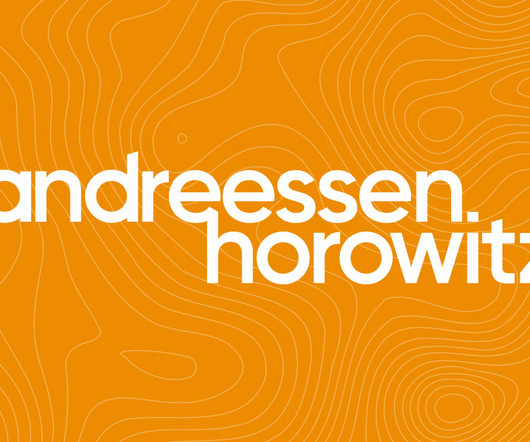Want to Know How VC’s Calculate Valuation Differently from Founders?
Both Sides of the Table
JULY 22, 2010
Back in 1999 when I first raised venture capital I had zero knowledge of what a fair term sheet looked like or how to value my company. The VC’s $1 million still buys them 25% of your company – it’s you who has diluted to 60% ownership rather than 75%. So your 100% of the company is down to 80% even before VC funding.






















Let's personalize your content